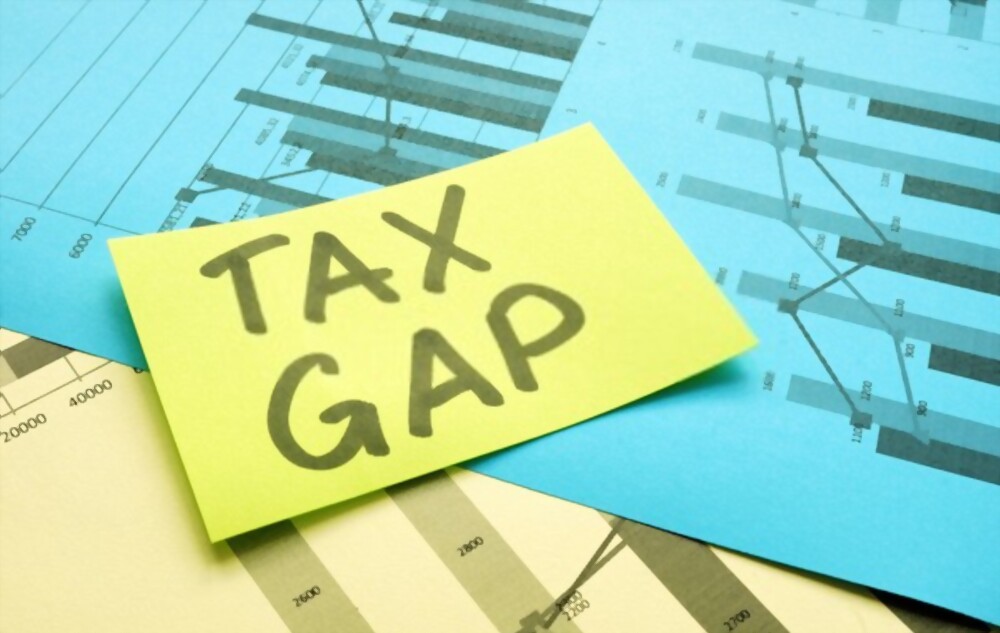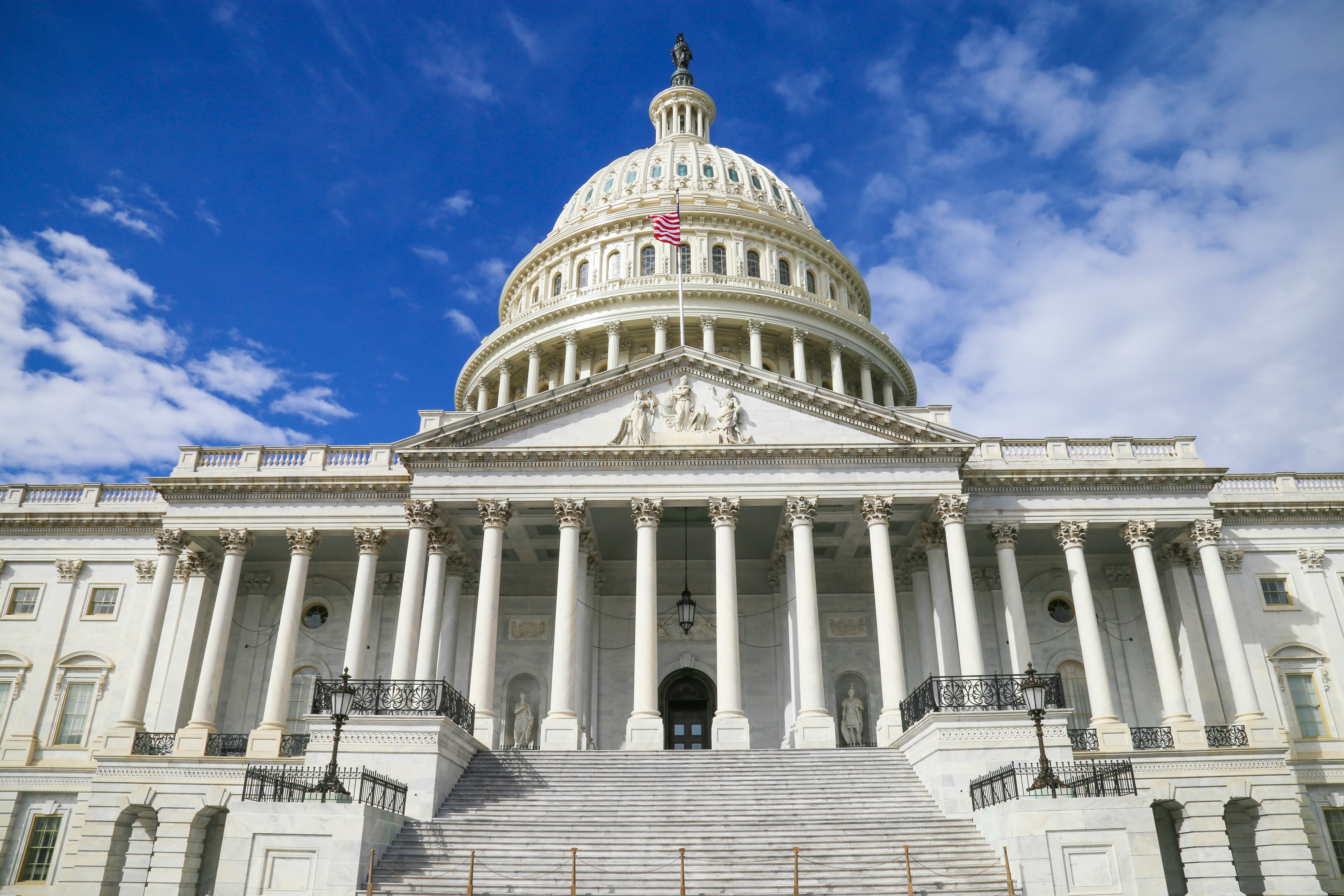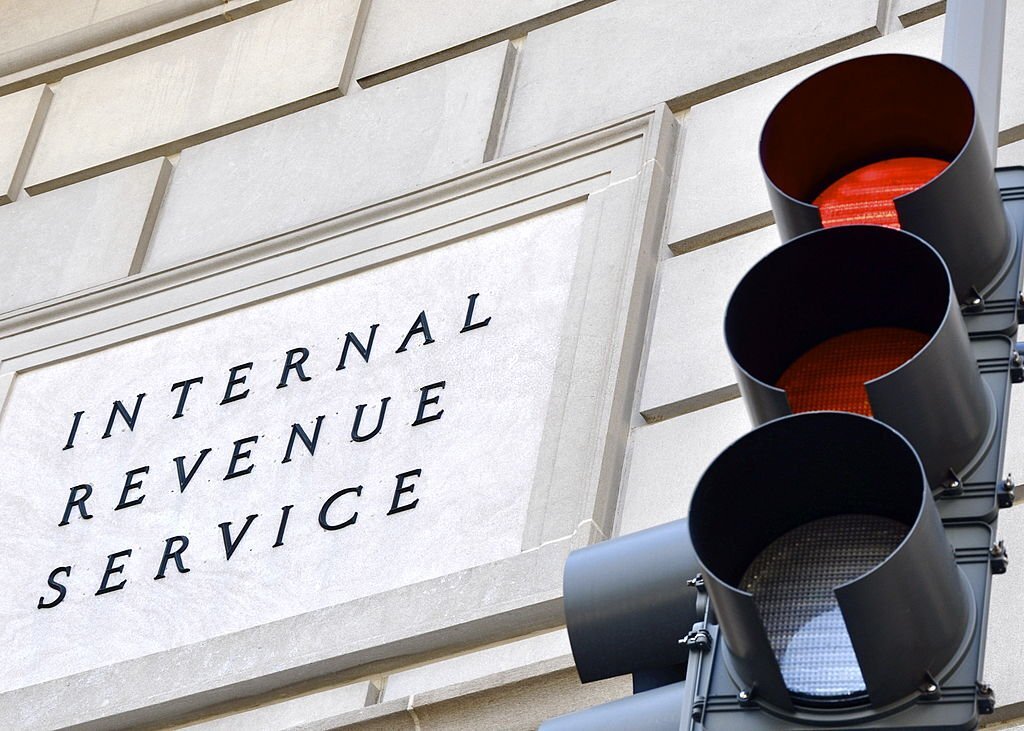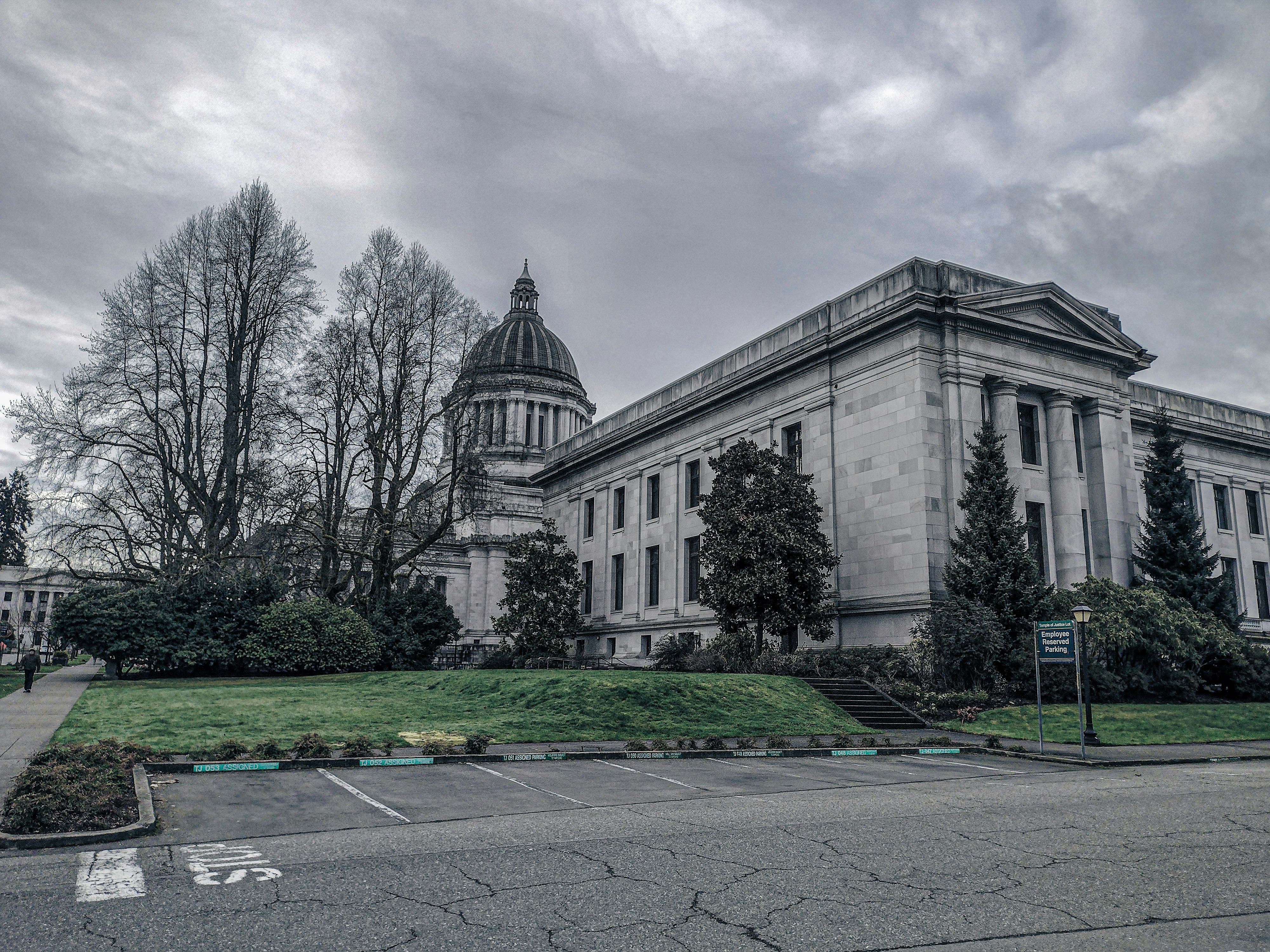The amount of taxes owed to the federal government but is not actually collected is getting larger, according to new tax gap estimates released by the IRS on Oct. 28.
The IRS provides tax gap estimates every three years. An analysis of tax years 2014 through 2016 showed the estimated gross tax gap increased to $496 billion, a rise of over $58 billion from the prior estimate. And that gap is likely to get worse before it gets better. The IRS predicted that for tax years 2017 through 2019, the estimated average gross tax gap will be $540 billion per year.
The agency said on Friday:
The associated voluntary compliance rate is projected to be 85.1 percent. The projection of enforced and other late payments is $70 billion, which yields a net tax gap projection of $470 billion. The associated non-compliance rate projection is 87.0 percent.
The gross tax gap nonfiling, underreporting, and underpayment component projections for tax years 2017-2019 timeframe are $41 billion, $433 billion, and $66 billion respectively.
After late payments and IRS efforts collected an additional $68 billion, the IRS estimated the net tax gap for 2014 through 2016 was $428 billion. This increase in the tax gap can be attributed to economic growth, according to the IRS. But outgoing IRS Commissioner Charles Rettig said the increase in the tax gap estimates also reflects that the IRS needs to be better at improving taxpayer service, as well as improving tax compliance.
“The IRS remains committed to ensuring fairness and helping taxpayers while also working to better identify emerging compliance issues that contribute to the tax gap. The recent funding addition will help the IRS in many ways, increasing taxpayer education, significantly improving service to all taxpayers and focusing on high-income/high-wealth non-compliance in a fair and impartial manner supporting compliant taxpayers,” he said in a written statement.
The funding Rettig referred to is the $80 billion the IRS will receive over the next 10 years thanks to the Inflation Reduction Act, which was passed by Congress in August. The agency announced last Thursday that it has hired 4,000 new customer service representatives to answer phones and provide other services for the 2023 tax-filing season.
Over the past several months, the IRS has been given direct-hire authority, allowing it to quickly fill vacant positions, even offering jobs to qualified people on the spot. The goal set by the IRS in March was to hire 10,000 new employees in the next 12 months.
The IRS said it is expected to add another 1,000 customer service representatives by the end of the calendar year, bringing the total of new hires in this area to 5,000.
The IRS noted that the most recent tax gap estimates translate to about 85% of taxes paid voluntarily and on time, which is in line with recent levels. The new estimate is a slight improvement from 83.7% in a revised tax year 2011-2013 estimate, which dipped slightly from the original estimate released earlier. After IRS compliance efforts are taken into account, the estimated share of taxes eventually paid is 87% for 2014 through 2016.
“Keeping the voluntary compliance rate as high as possible ensures that taxpayers believe our system is fair,” Rettig said. “The vast majority of taxpayers strive to pay what they owe on time. Those who do not pay their fair share ultimately shift the tax burden to those people who do, which fuels the tax gap. The IRS will continue to direct our resources to help educate taxpayers about the tax requirements under the law while also focusing on pursuing those who avoid their legal responsibilities.”
But Rettig will not be around to see those efforts come to fruition. He has less than two weeks left on his four-year term as IRS commissioner. Until Rettig’s successor is nominated by President Biden and approved by Congress, IRS Deputy Commissioner Douglas O’Donnell will fill in as acting commissioner.
Thanks for reading CPA Practice Advisor!
Subscribe Already registered? Log In
Need more information? Read the FAQs
Tags: IRS




